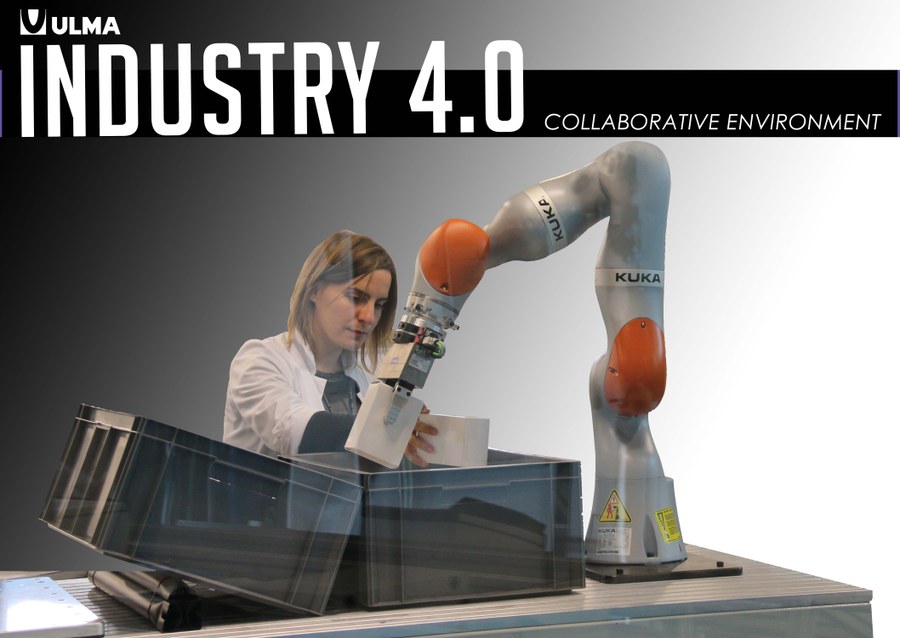ULMA and IK4-TEKNIKER, main finalists in the European Robotics Challenges collaborative environment project

ULMA Handling Systems and IK4Tekniker are collaborating on a man-machine project in line with the INDUSTRY 4.0 vision for EUROC (European Robotics Challenges), where the RSAII team has been chosen as a top consortia finalist for development of the project “FLECOOP: a Flexible Single-Unit Picking System in Collaborative Environments for Order Picking at Distribution Centres”. Well-known brands such as Airbus or Peugeot Citroën were among the group of five initial finalists together with ULMA-IK4-Tekniker.
They are all currently involved in the second stage of the programme although only two of the projects will move on to the third and final stage, consisting of the actual development of the proposed prototype. The Best Projects will be announced in December 2016.
The challenge is to create an automatic single-unit picking prototype for collaborative man-machine environments for order picking at distribution centres. Today, 90% of order picking is done by warehouse employees in a laborious and monotonous process that adds no value to the product.
The basic idea is to provide a hybrid solution whereby robots and humans share the same workplace, combining high automation and work area monitoring and guaranteeing workstation safety at all times. 2D and 3D vision are used to detect the items handled by the robot, facilitating automatic handling for pick & place operations.
The project will enable evaluation of the feasibility, acceptance and efficacy of this new working concept of robot-human collaborative environments with no physical barriers. Its advantages include helping to reduce the number of errors, the picking process costs and the space required in comparison with traditional robotic solutions, and improving working conditions.







